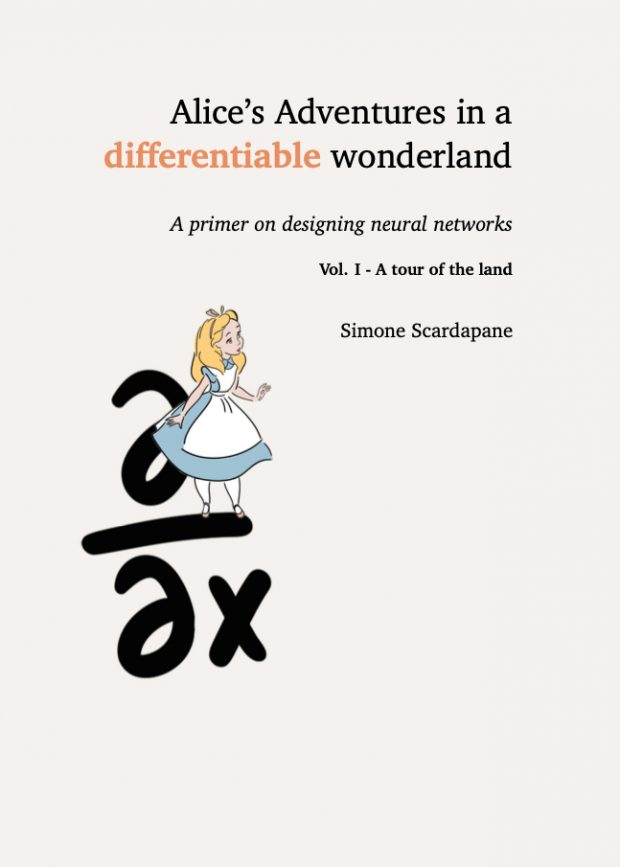Ein hervorragender Artikel in der ZEIT vom 2.2.2025 von Johannes Böhme erklärt “warum die Welt nach rechts rückt”. Zusammengefasst zunächst
Historische Parallelen. Soziale und wirtschaftliche Umbrüche haben in der Geschichte immer wieder Revolten und populistische Bewegungen hervorgebracht. Die Mechanismen sind oft dieselben: Verdrängung, Angst vor sozialem Abstieg und die Suche nach Schuldigen.
Der gesellschaftliche Bildungsgraben. Der massive Anstieg von Hochschulabsolventen hat eine neue Konfliktlinie geschaffen: Gebildete tendieren eher zu progressiven, kosmopolitischen Werten, während diejenigen ohne akademischen Abschluss sich wirtschaftlich und gesellschaftlich abgehängt fühlen, und den Nährboden für rechtspopulistische Strömungen bilden,
Die Angst vor sozialem Abstieg. Die Globalisierung, Automatisierung und der Strukturwandel in der Arbeitswelt haben viele traditionelle Arbeitsplätze bedroht oder zerstört. Besonders die untere Mittelschicht, die noch viel zu verlieren hat, fühlt sich existenziell bedroht und wendet sich rechten Parteien zu, die einfache Lösungen versprechen. Es ist weniger die Unterschicht, die nichts mehr zu verlieren hat.
Soziale Ungleichheit und relativer Statusverlust. Menschen vergleichen sich vor allem mit ihrem unmittelbaren Umfeld. Wenn die Unterschiede zwischen „oben“ und „unten“ wachsen, entsteht Frustration – besonders, wenn der Aufstieg immer schwieriger wird. Diese Frustration führt zur Suche nach den Ursachen mit Sündenböcken und der Distanzierung von der Gesellschaft.
Die Rolle der sozialen Medien. Rechtspopulistische Parteien konnten durch soziale Netzwerke enorm an Reichweite gewinnen. Es ist der Brandbeschleuniger ohne den der Rechtspopulismus nie die Reichweite und ein “Wir”-Gefühl hätte entwicklen können. Algorithmen verstärken Empörung, Ängste und Verschwörungserzählungen.
Migrationsängste als politisches Mobilisierungsthema. Migranten werden zum zentralen Feindbild erklärt, um gesellschaftliche Ängste zu bündeln. Menschen, die direkten Kontakt zu Migranten haben, sind dabei weniger anfällig für rechte Propaganda sind – die stärkste Ablehnung kommt von denen, die Migration nur aus rechten Medien oder sozialen Netzwerken kennen.
Die Lust an der Zerstörung des politischen Establishments. Viele Wähler rechtspopulistischer Parteien wählen bewusst destruktiv, um das bestehende politische System abzustrafen. Die Hoffnung besteht, dass ein Umbruch ihre eigene gesellschaftliche Position verbessert oder zumindest die Eliten bestraft werden. Dass sie sich dabei selbst viel mehr in das eigene Fleisch schneiden, wird verdrängt.
Das Fehlen politischer Repräsentation. Die Politik ist zunehmend von Akademikern geprägt, während Nicht-Akademiker kaum noch vertreten sind. Das führt zu einem Gefühl der Ohnmacht und des „Nicht-Gehört-Werdens“, das rechtspopulistische Parteien ausnutzen.
Die Schwäche der etablierten Parteien. Traditionelle Parteien haben es versäumt, die Sorgen und Ängste der unteren Mittelschicht ernst zu nehmen. Statt konkrete Antworten auf Globalisierung und soziale Unsicherheit zu bieten, setzen sie oft auf symbolische Politik oder moralische Appelle, die viele Menschen nicht erreichen.
Die Notwendigkeit von Reformen. Die einzige nachhaltige Lösung gegen den wachsenden Rechtspopulismus liegt in weit reichenden Reformen, die soziale Ungleichheit abbauen, wirtschaftliche Sicherheit bieten und den politischen Einfluss breiterer Gesellschaftsschichten wiederherstellen. Eine höhere politische Teilhabe und vor allem wirtschaftliche Sicherheit könnte die Dynamik bremsen.


Kommentar
Daß der Rechtsruck kein isoliertes Phänomen ist, sondern aus der allgemeinen gesellschaftlichen Entwicklung folgt, ist offensichtlich. Und es scheint so, daß dies weltweit sehr ähnliche Prozesse sind. Wenn der Rechtspopulismus in der Tat den Nachschub aus der unteren Mittelschicht und Arbeiterschicht bezieht, dann hat er mit 30% nun fast schon seine maximale Kapazität erreicht. Wierklich gefährlich wird es, wenn die Bewegung nun auch noch auf die weitere Mittelschicht übergreift. Mit der Bundestagsabstimmung am letzten Mittwoch bei der die CDU/CSU zusammen mit der AfD in der Migrationsfrage abstimmte, ist dies nun auch immer wahrscheinlicher (“werden es nach der Wahl wieder machen“).
Zurück zur historischen Parallele: Auch Franz von Papen glaubte. den Rechtspopulismus kontrollieren zu können, was nicht einmal ein halbes Jahr gelang. Die NSDAP erzielte bei der Reichstagswahl 1930 erstmals 18%. Viele der Wähler kamen von der DNVP, wobei die NSDAP zudem von der Agrarkrise profitierte und zunehmend das bürgerliche Lager anzog. Nicht zuletzt die Weltwirtschaftskrise trieb viele Bürger in radikalere politische Bahnen. So erreichte die NSDAP bei den Wahlen 1932 dann auch 37,3%, ihr letzte Wahlergebnis vor dem Ermächtigungsgesetz 1933.









